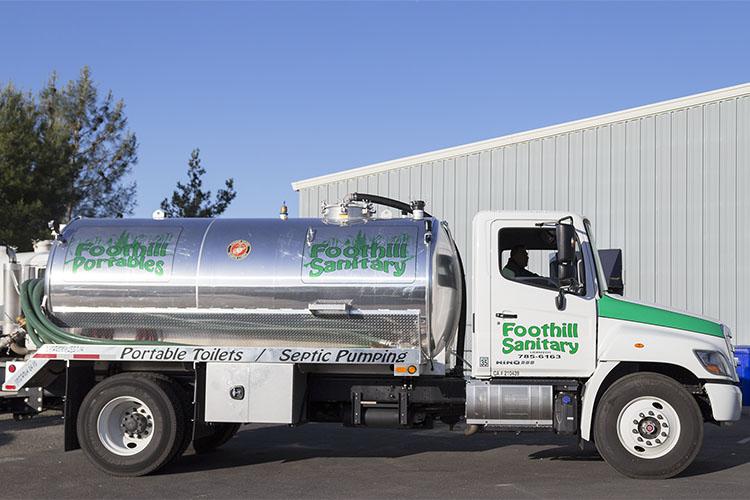
The Advantages of Septic Tank Pumping
Pumping your septic tank periodically is one of the best ways to keep it in good shape. It will prevent misfiring and other problems with your septic system. It will also keep your tank’s functions at their peak. In addition, it will prevent your septic system from dealing with issues like slow draining and strange smells. Regular septic tank pumping Arnold will help you maintain a properly running system for many years.

Prevents Wet Spots
Preventing wet spots is a crucial part of septic tank maintenance. Several factors can cause wet areas. One reason is that a septic tank may be clogged. This makes it difficult for wastewater to flow through the system. Another possible cause is the presence of dense soil. Clay and other dense soils cannot absorb wastewater easily, which can result in wet spots. In this case, you need to work with a septic expert to fix the issue.
To properly maintain a septic tank, agitation and cleaning should be performed regularly. The effluent should flow through a watertight four-inch pipe to the distribution box. The tube should have a slope of at least one-quarter inch per foot toward the field to prevent clogging. The lines should have cleanouts at intervals of fifty to one hundred feet or anywhere the pipe angle is sharper than 45 degrees.
Another way to avoid wet spots in the leach field is to prevent clogs from building up in the system. To avoid this, remove roots and other debris from your septic tank. Moreover, avoid using non-biodegradable products and oils as they can clog the system. If you offer septic tank pumping service and want to advertise, hiring a professional at CAE Marketing & Consulting Inc to perform the marketing for you is an excellent way to put your business out there.
Prevents Bacteria From Entering Groundwater
Septic tank pumping is vital to maintaining a healthy sewage system and helps prevent bacteria from entering groundwater. It also allows the solids to settle and reduce wastewater flow to the drain field. The Environmental Protection Agency recommends that septic systems be pumped every three to five years.
A typical septic tank is a dual-chambered, buried container. The wastewater from home flows into the tank and settles at the bottom of the tank. As it moves downward, it is partially digested by bacteria and fungi. Eventually, this wastewater reaches the groundwater aquifer.
The bacteria present in wastewater are essential for the digestion of the waste material, so it should be disposed of properly. However, certain substances should never be flushed into the septic tank. For example, chemicals like chlorine bleach, lye products, and used motor oil are harmful to the bacteria in the tank. Additionally, roof and yard drains should never be connected to the septic tank. If there is excess water, it can flood the tank.
Prevents Overfilling
A septic tank has a finite capacity. For example, a single-family home produces about 250 gallons of wastewater daily, and an empty septic tank fills in almost a week. It then drains out to the drain field. It is essential to keep this in mind to ensure that your tank does not overfill. A filled septic tank can overflow and be a costly problem to fix.
Overfilling can be prevented by reducing the amount of water you use. Keeping the water in the house to a minimum and toilets in low-flow settings can help avoid this problem. If a septic tank is overfilled, harmful wastewater can seep into nearby water sources. Most septic system maintenance plans include pumping the tank every two to five years and checking for leaks.
Septic systems rely on a balance of bacteria to break down solid waste. If the balance is disturbed, this bacteria can’t do its job correctly and can cause overflow. Using bleach, toilet cleaners, and other toxic chemicals can destroy the good bacteria in the septic system.










